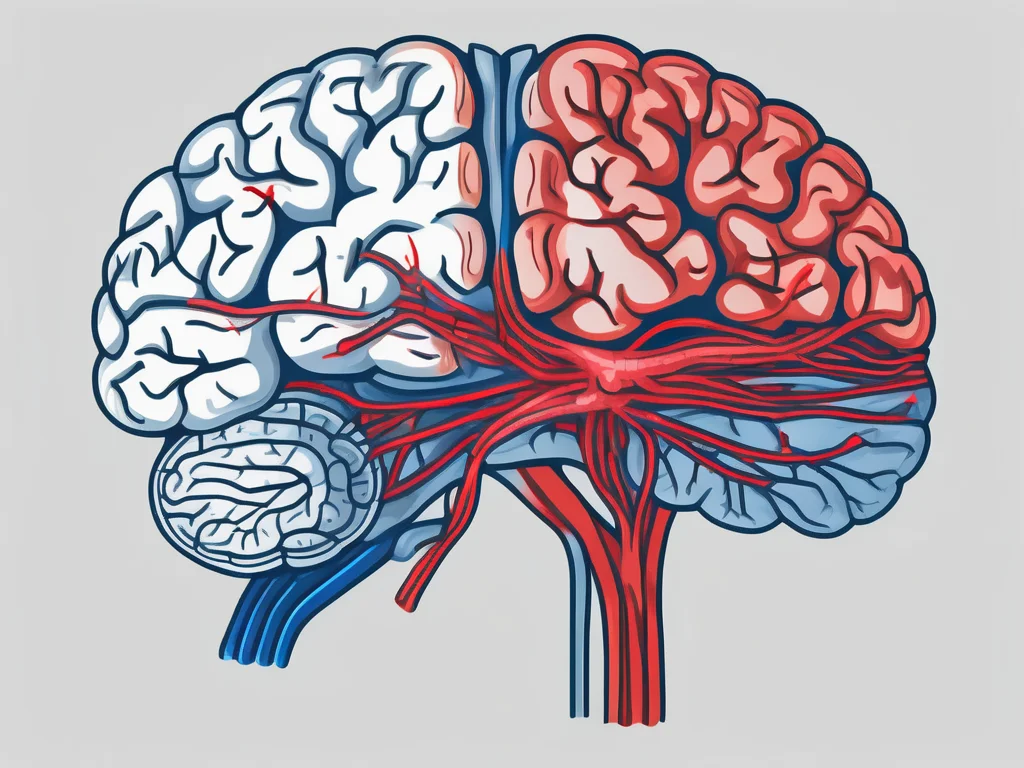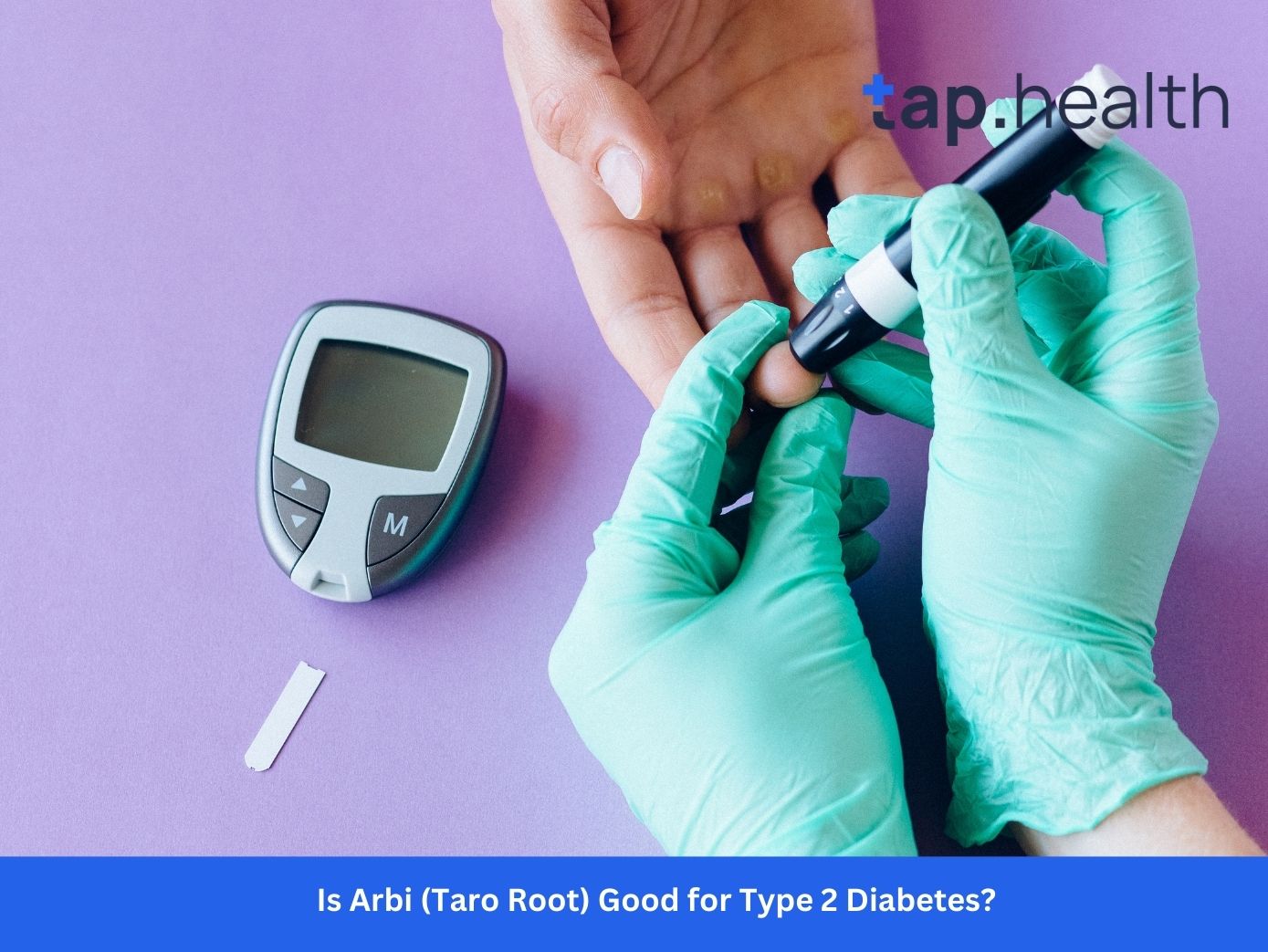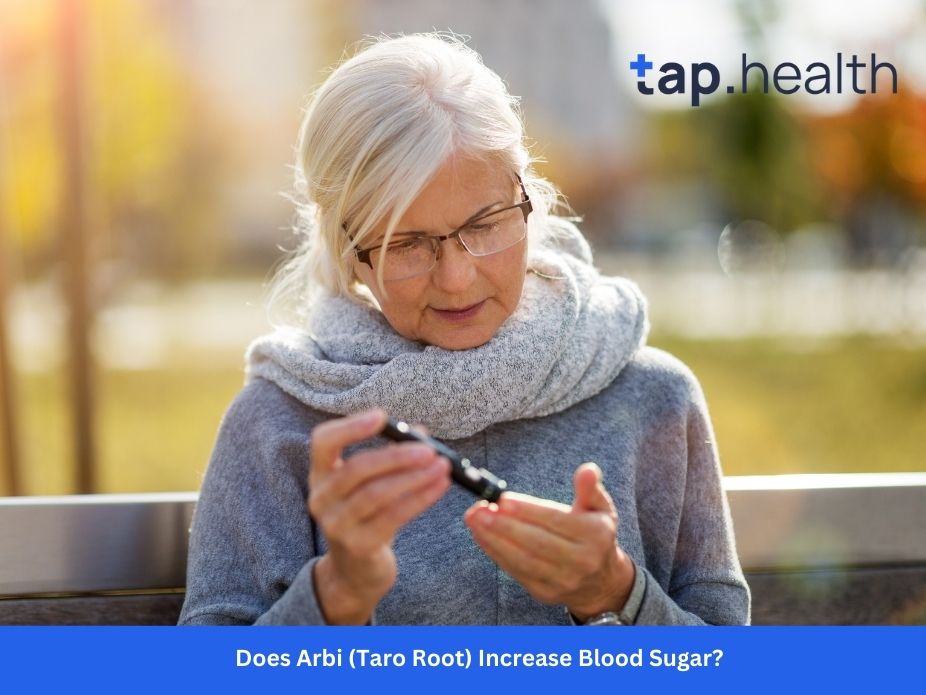A blood clot in the brain, also known as cerebral thrombosis, is a critical medical condition that can lead to severe complications like stroke. Understanding its causes, symptoms, diagnosis, treatment, and prevention is vital for early detection and effective management. This blog explores everything you need to know about brain blood clots in a concise question-and-answer format, addressing key aspects to help you stay informed and proactive.
What Is a Blood Clot in the Brain?
Q: What does a blood clot in the brain mean?
A blood clot in the brain, or cerebral thrombosis, occurs when a clot forms in the brain’s arteries or veins, blocking blood flow. This disruption deprives brain tissue of oxygen and nutrients, potentially causing damage or leading to conditions like ischemic or hemorrhagic stroke.
Q: Why is a blood clot in the brain dangerous?
It can impair critical brain functions such as movement, speech, or cognition. If untreated, it may result in permanent brain damage, disability, or even death due to restricted blood flow or vessel rupture.
What Causes Blood Clots in the Brain?
Q: What are the main causes of brain blood clots?
The primary cause is atherosclerosis, where plaque buildup in blood vessels ruptures, forming a clot. Other causes include atrial fibrillation, a heart rhythm disorder that allows clots to form in the heart and travel to the brain, and embolic clots, which originate elsewhere and lodge in brain vessels.
Q: How do lifestyle factors contribute?
Poor diet, lack of exercise, smoking, and obesity increase the risk by promoting plaque buildup and impairing blood flow. These factors can exacerbate conditions like high blood pressure and diabetes, which further elevate clot risk.
Who Is at Risk for Brain Blood Clots?
Q: What are the risk factors for developing a brain blood clot?
Key risk factors include:
- Family history of clotting disorders
- Age (risk increases with age)
- High blood pressure and diabetes
- Smoking and obesity
- Sedentary lifestyle
- Atrial fibrillation or other heart conditions
Q: How does family history affect risk?
Genetic predispositions to clotting disorders can increase the likelihood of brain blood clots. If you have a family history, consult a healthcare provider for risk assessment and preventive measures.
What Are the Symptoms of a Blood Clot in the Brain?
Q: How can I recognize a brain blood clot?
Symptoms vary based on the clot’s location and size but may include:
- Sudden weakness or paralysis on one side of the body
- Difficulty speaking or understanding speech
- Severe headache
- Vision problems or loss of coordination
- Nausea and vomiting (common in hemorrhagic stroke)
Q: How do ischemic and hemorrhagic stroke symptoms differ?
Ischemic stroke, caused by a blocked vessel, often presents with weakness or speech issues. Hemorrhagic stroke, due to a vessel rupture, may cause intense headaches, nausea, and vision changes.
How Is a Blood Clot in the Brain Diagnosed?
Q: What tests diagnose a brain blood clot?
Diagnosis involves:
- Physical exams to assess symptoms
- Imaging tests like CT scans, MRI, or angiography to visualize clots or blockages
- Blood tests to detect clotting markers, such as D-dimer, or genetic predispositions
Q: Why are imaging tests important?
CT scans and MRIs provide detailed images of the brain, identifying clots or abnormalities. Angiography uses contrast dye to highlight blood vessel blockages, aiding precise diagnosis.
What Are the Treatment Options for a Brain Blood Clot?
Q: How are brain blood clots treated?
Treatment focuses on restoring blood flow and preventing further clots. Options include:
- Medications: Anticoagulants (e.g., heparin, warfarin) and antiplatelet drugs (e.g., aspirin) to reduce clot formation.
- Surgery: Thrombectomy to remove clots or surgery to repair ruptured vessels in hemorrhagic stroke.
- Rehabilitation: Physical, occupational, or speech therapy to regain lost functions.
Q: What is involved in recovery?
Recovery varies by individual but often includes tailored rehabilitation programs to restore mobility, speech, or cognitive abilities, improving quality of life post-treatment.
How Can You Prevent Blood Clots in the Brain?
Q: What steps can reduce the risk of brain blood clots?
Preventive measures include:
- Healthy lifestyle: Regular exercise, a balanced diet rich in fruits and vegetables, and maintaining a healthy weight.
- Quit smoking to improve blood vessel health.
- Manage chronic conditions like diabetes and high blood pressure.
- Medications: Anticoagulants for high-risk individuals, such as those with atrial fibrillation.
Q: Why is early intervention important?
Early detection and management of risk factors can significantly lower the chances of clot formation, preventing severe outcomes like stroke or brain damage.
Why Is Early Detection Critical?
Q: Why should I seek immediate medical help for symptoms?
Prompt medical attention can minimize brain damage, improve treatment outcomes, and reduce the risk of long-term complications. Delaying care may worsen the clot’s impact, leading to disability or death.
Q: How can I stay proactive about brain health?
Regular check-ups, monitoring risk factors, and adopting a healthy lifestyle are key. If you experience sudden symptoms like severe headache or weakness, seek emergency care immediately.
Conclusion
A blood clot in the brain is a medical emergency requiring swift action. By recognizing symptoms like sudden weakness, speech difficulties, or severe headaches, you can seek timely treatment to prevent serious complications. Understanding causes, such as atherosclerosis or atrial fibrillation, and managing risk factors through lifestyle changes and medical interventions can significantly reduce your risk. Stay proactive by maintaining a healthy lifestyle, monitoring chronic conditions, and consulting healthcare professionals for personalized advice. Early detection and prevention are your best defenses against the devastating effects of a brain blood clot.



